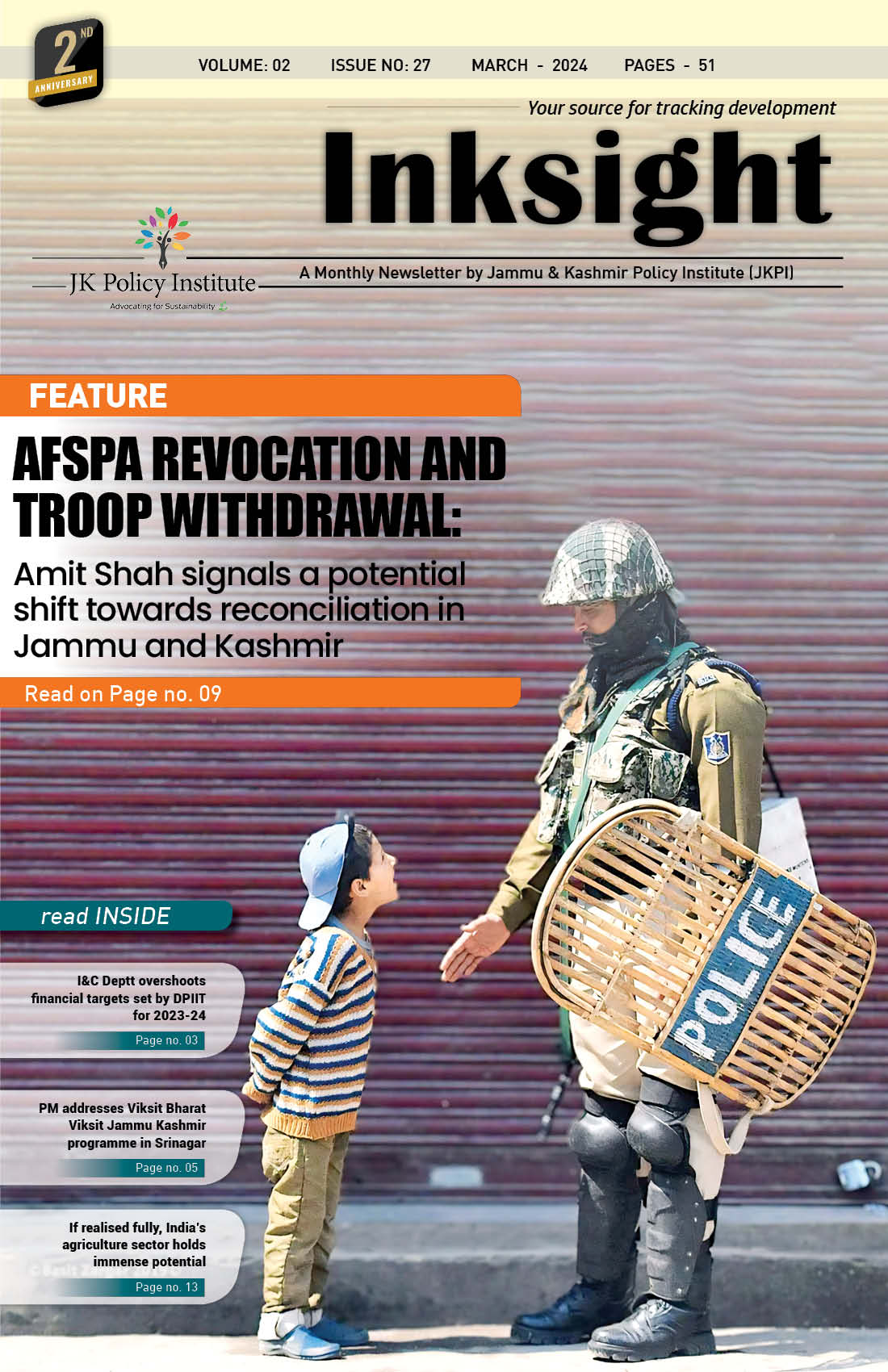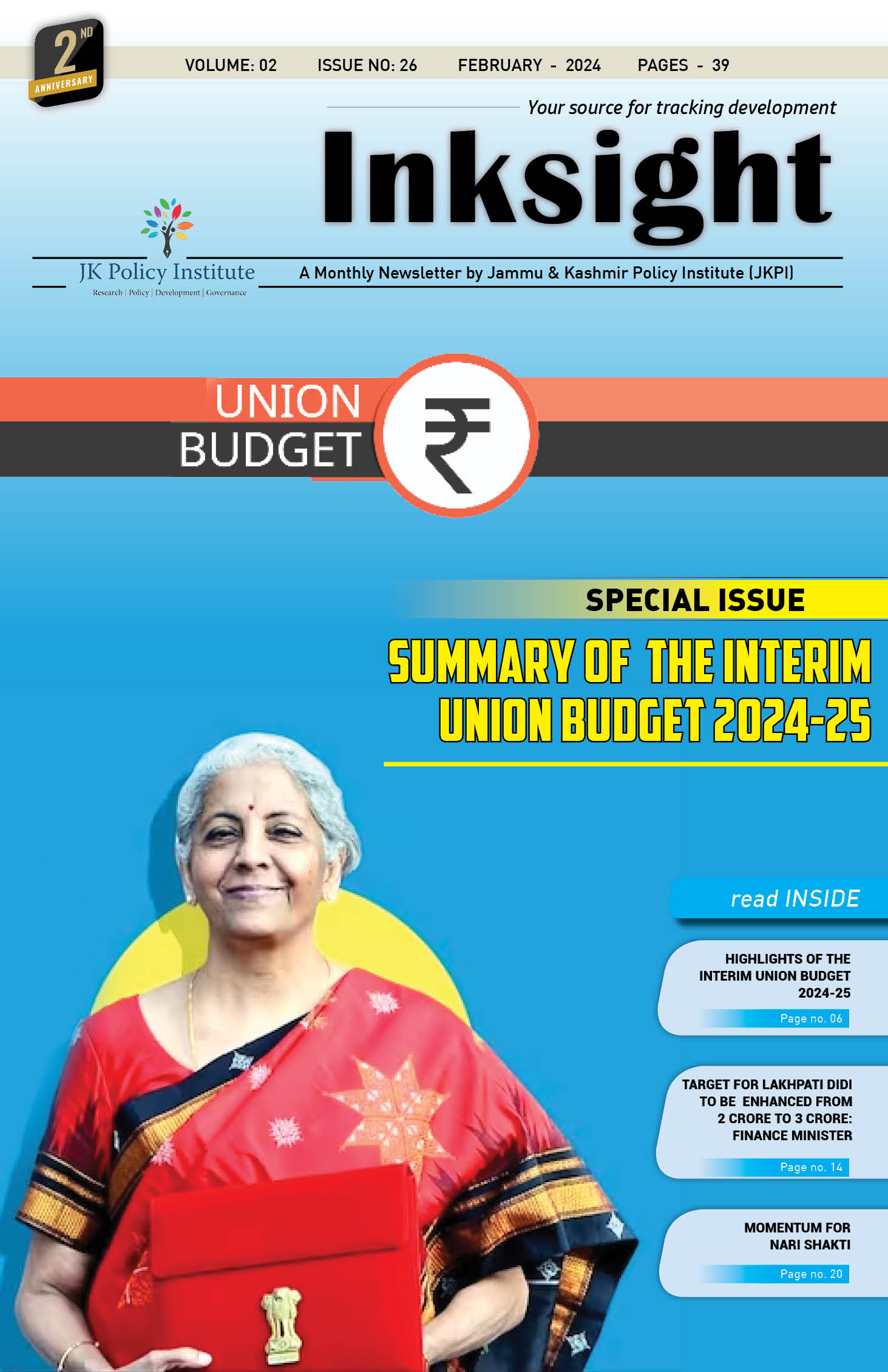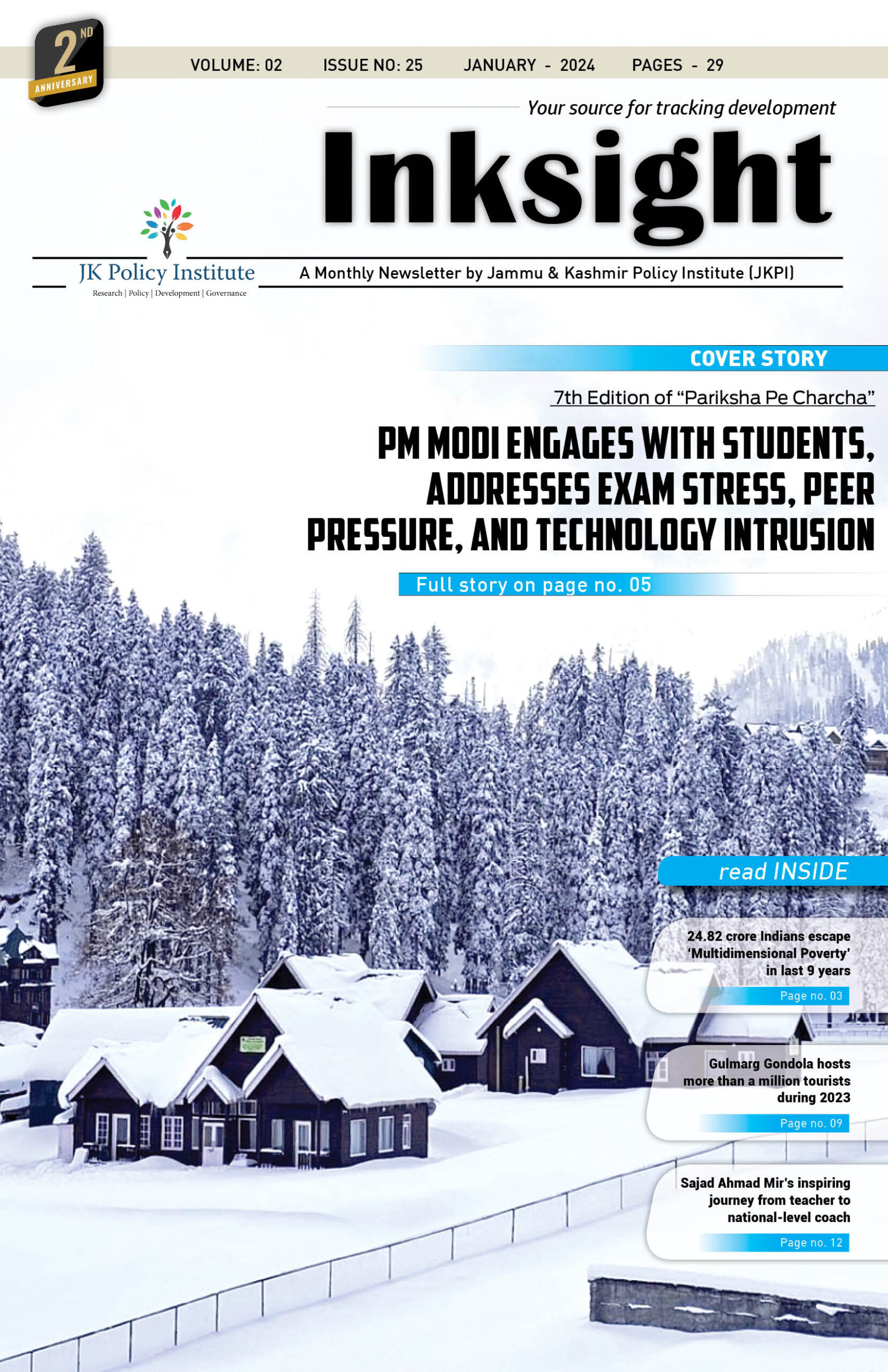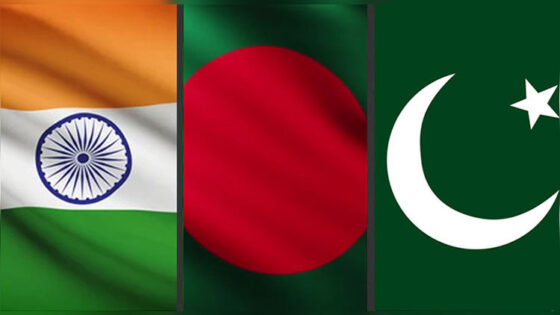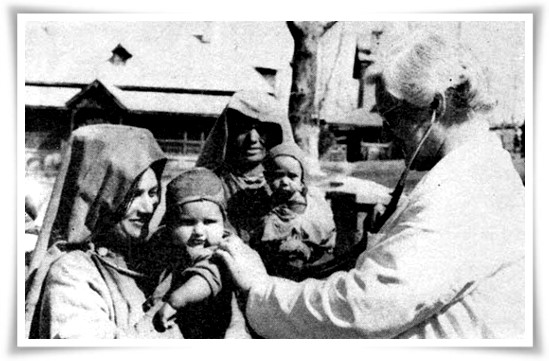Demanding responsibility or placing measured blame for failed political moves is not a sin. It is the right of every politically conscious and free-thinking individual, says Javaid Trali.
Opinion
Ideally speaking this should not be the case but then, this is how it is – those who dare question anyone’s political choices or motives are framed and labelled as “traitors to the cause”, abused and trolled with the choicest invectives. They may even be physically harmed for their audacity to question the ‘leaders’.
Why should anyone be trolled and abused for asking questions? Is it because certain leaders who were seen as infallible have proved to be otherwise, and their supporters and followers are now finding it difficult to digest any criticism directed at them? Or is it because we the people are yet to reconcile with the shocking realities that have befallen us, and that which we had not anticipated, and are as such, not ready to accept? Or is it because we had accorded an aura far bigger than the cause itself to certain leaders, and now we are in no mood to acknowledge and accept our collective folly of having placed all the eggs in a single basket?
This is the pitfall and always an inevitable outcome when certain individuals (leaders) are seen as and equated as being the ‘symbol’ of people’s ‘political aims’. But then, human beings as they are, once the leaders fall short of people’s expectations, they are bound to attract criticism and at times even public ridicule. This is normal!
Evolved nations take the criticism of its leaders in its stride, as the larger public debates are centered around these individuals. A thorough and dispassionate analysis of ‘their’ (leaders’) politics helps draw certain inferences which are critical in understanding not only their individual political choices and preferences but also how the same may or may not have impacted the larger collective politics and political outcomes of the people and the place.
So being trolled for certain observations by a fringe is ok if they (trolls) back their arguments with reason and logic, and keep it within decent limits, without threatening anyone of, or creating conditions for physical harm. In fact, in today’s age and time, even trolls could be a good take-off point for a healthy dialogue on the political stances in question. But the problem is that this mechanism is used to silence the critics rather than encourage thorough analyses of the bigger politics at stake. That indeed is the problem.
Kashmir is one such unique place which has thrown up leaders who during their heydays were seen as towering icons, with people pledging their unremitting allegiance to them and their politics.
Sheikh Mohammad Abdullah is one such towering leader whom people would follow blindly. “Ye Babas Khoush Kar’e Tee Kar’e Lo-Lo (Bab will do as he pleases)”– people would sing in praise and absolute loyalty – shock and awe! The option of questioning Sheikh Abdullah was not there on the table. Those who would dare raise voice would be clubbed to silence by his supporters. Even the executive arm of the state (laws and police) was widely used to gag opponents into unobtrusive calm.
But history is a great teacher. It spares none. Within a few years of senior Abdullah’s death, the situation evolved and emerged in Jammu and Kashmir that the state had to place a company of armed police guards at his grave to safeguard it. Just imagine what would have happened if Abdullah’s mausoleum had not been secured and protected!
The point that is being made is that more than anything else, political leaders are known by their political choices and decisions. History reads and analyses them based on their politics, and its impact on the lives of their people and the place. If Sheikh Abdullah or his progeny and all other unionists can be praised or criticized for their politics, there is no question why all those who made up the separatist camp and whose choices have actually dominated and decided the politics of Jammu and Kashmir for over three decades now, should be spared this privilege.
While they can be given credit for the good choices and deeds wherever due, they are also subject to criticism for follies they may have committed. History cannot remain selective, or subject to anybody’s preconceived bias or prejudice. Some amount of neutrality and dispassionate academic objectivity will accord everyone a place they deserve in the history books as well as the popular narrative.
No one can be treated as a saint – for there are no saints in politics. It is the people of flesh and blood who rise up to become leaders; they too have similar afflictions – of inflated pride and ego, and greed and desire…. They make good decisions and they sometimes make bad choices too, and at the end of the day, it is their decisions, which more than their own lives, have a far more profound impact on the lives of the ordinary people who they represent or claim to represent.
A thorough and objective reading of the situational turbulence of the past 30 years is due. Today at a time when people of Kashmir are down in their wits when a sense of abject hopelessness is written large on their defeated faces, no one can afford to dawdle in history, toss endlessly in limbo, and avoid deconstructing what has befallen this place and its inhabitants.
People can no longer be mute spectators to what has been and is being done to them. Then cannot and must not weigh just others’ arguments only and reflect endlessly on them. They have to ask questions and hold people (leaders) accountable for their actions, and others’ reactions as well.
A dispassionate analysis of the political choices and options of the recent three decades will certainly have a lot to add to our collective wisdom. Even when we avoid fixing blame on the individual actors, we can still look at their mistakes and pledge not to repeat the same. Should we do it, would certainly have signaled out political maturity.
The only permanent thing about politics, it must be remembered, is its impermanence. History is witness that even the defeated lot do not forever remain in the dock. Times change and with it change the politics, and political fortunes too.
Having surrendered their everyday democratic rights for the realization of a larger political goal, the ordinary people, the massive mass of have-nots, have remained mute to so many things for so long that today they seem to have lost their voices. If they continue to remain inarticulate, apathetic, disinterested, forlorn and alone in their abysmal anonymity, then any promise or possibility of their emancipation and empowerment will end for good even before the process commences.
Politics has been and will always have to be the “reflection of the active desires of a democratically-minded citizenry”. People will have to wake up and rediscover their innate dignity and strength, which have atrophied from disuse. Politics they must know is alive, like any living thing – it “either flourishes and grows or withers and dies”.
True human-beings do not like to look squarely into the face of tragedy’; they prefer ‘out of sight, out of mind’ escape. But there comes a time when issues must be recognized as issues and resolved.
Demanding responsibility or placing measured blame for failed political moves is not a sin. It is a rightful right of every politically conscious and free-thinking person. “In the politics of life”, let it be known to all, loud and clear “we are concerned with the slaves and Caesars, not the vestal virgins.” We have already had enough beating around the bush, now let’s pledge not to detour around reality.
-Views are personal.

